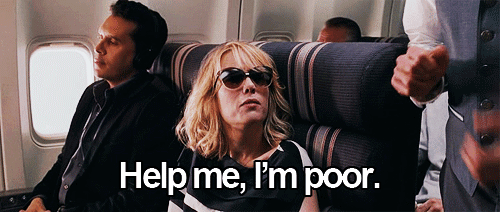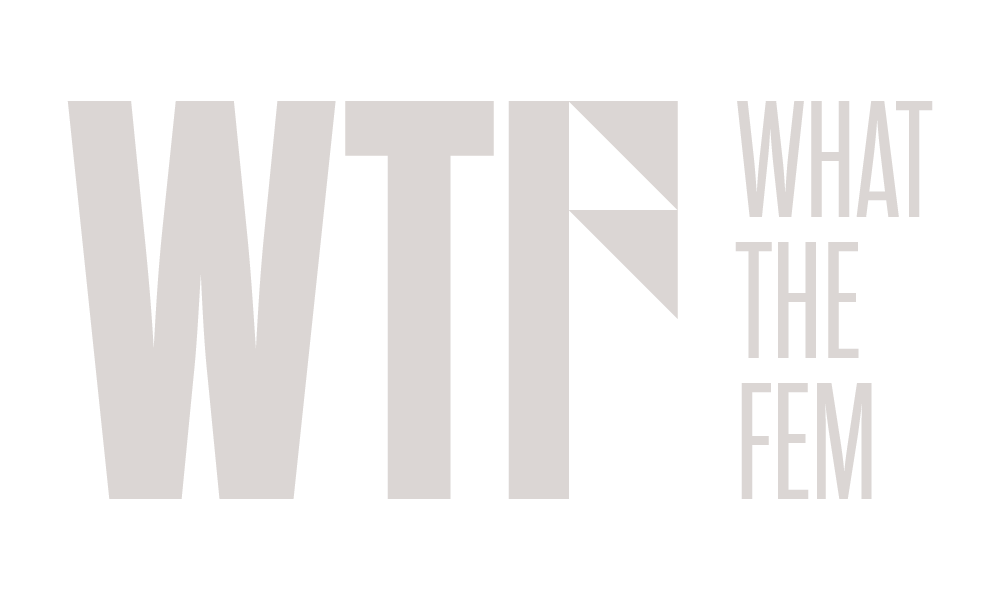
OUR EXPLAINERS:
BUSINESS AND FINANCE CONCEPTS EXPLAINED.

A recession is a sustained, widespread slowdown in economic activity. In the U.S., it’s officially declared by the National Bureau of Economic Research (NBER), but there are signs that show up before the headlines ever hit.
Here are the key indicators experts look at (and what they actually mean for you):
📉 GDP (Gross Domestic Product): The total value of all goods and services a country produces. When GDP shrinks for two quarters in a row, it usually signals the economy is contracting.
💰 Income: The average wages and earnings people are bringing in. During a recession, income growth often stalls or declines.
👩💼 Employment: Tracks how many people are working. Rising unemployment or layoffs are red flags that the economy is under stress.
🏭 Manufacturing: Measures how much stuff companies are producing. A drop suggests companies expect fewer orders and might slow hiring.
🛍️ Retail Sales: Tracks how much people are spending on everyday goods. A decline means people are tightening their wallets.
There are usually early warning signs that a recession might be coming. Keep an eye out for these 5 signs so you’re never caught off guard:
💼 Job cuts or hiring freezes: Companies anticipating tough times often cut staff or pause hiring.
📊 Market volatility: Unstable or dropping stock markets can signal lack of investor confidence.
💸 Slowing consumer demand: When people cut back on spending, businesses feel the impact.
📉 Declining business profits: Lower earnings may lead to layoffs and budget cuts.
📈 Rate hikes or inflation spikes: Higher interest rates or costs can cool off economic activity.
How do recessions actually impact you? They can result in:
- Layoffs or reduced hours (women, especially women of color, are often hardest hit).
- The cost of essentials can skyrocket while your paycheck doesn’t stretch as far.
- Credit card and loan approvals may tighten, especially if you don’t have strong credit.
- Your long-term financial goals (like saving for a house or investing) might need adjusting.

A payday routine is a series of steps you take right after you get paid to ensure your monthly expenses are covered and you’re making progress toward financial goals
The deposit hits. Then what?
You already know the cycle — bills, a splurge or two, and suddenly you’re wondering where it all went. But it doesn’t have to be like that.
This payday routine and reset will help you slow down, check in, and move with purpose. Because power doesn’t just come from making money, it comes from managing it.
Here’s the 7-step payday plan to make your paycheck work harder for you:
- BREATHE AND CELEBERATE
Pause before jumping into the money moves. Celebrate that you got paid. Practicing gratitude can shift your money mindset.
- REVIEW YOUR PAYCHECK
- Double-check deductions (taxes, health insurance, 401(k), etc.)
- Make sure everything looks accurate
- Track your income — log your paycheck in a tracker or spreadsheet.
- COVER ESSENTIALS FIRST
- Tithes
- Pay rent/mortgage
- Utilities
- Transportation
- Groceries
✅ Set these bills to auto-pay if possible to avoid late fees.
- AUTOMATE YOUR SAVINGS
Pay yourself like a bill.
- Transfer a set amount to your savings account
- Funnel money into a high-yield savings account or Roth IRA
✅ Even $10 or $50 counts. The habit matters more than the amount.
- PAY DOWN DEBT
Send an extra payment toward high-interest credit card debt or student loans.
✅ Use the avalanche method (highest interest first) or snowball method (smallest balance first).
- TRACK SPENDING + BUDGET WHAT’S LEFT
- Categorize your spending (fixed vs. flexible)
- Budget for fun money, groceries, Ubers, and dining out
✅ Use a simple spreadsheet, budgeting app, or envelope system
- REVISIT FINANCIAL GOALS
- Are you on track for your savings goals?
- Need to adjust anything for next month?
- Celebrate small wins (like avoiding overdraft or making your savings transfer!)
🧘🏾♀️ BONUS TIPS TO STAY CONSISTENT
- Set a recurring calendar reminder every payday
- Use a “money playlist” to make it more enjoyable
- Create a money regimen: tea + budgeting, candle + reviewing your goals
- Make it social — do a money check-in with a trusted friend or partner
